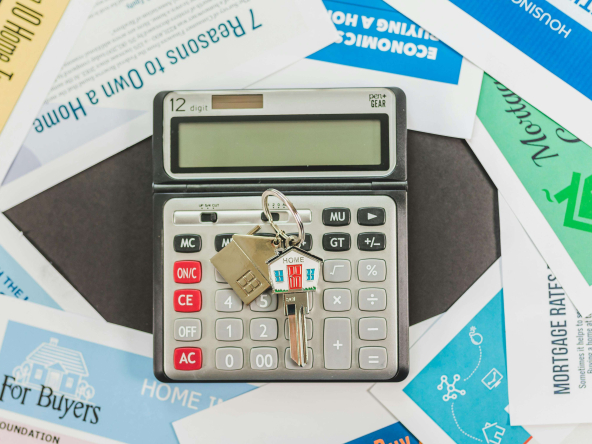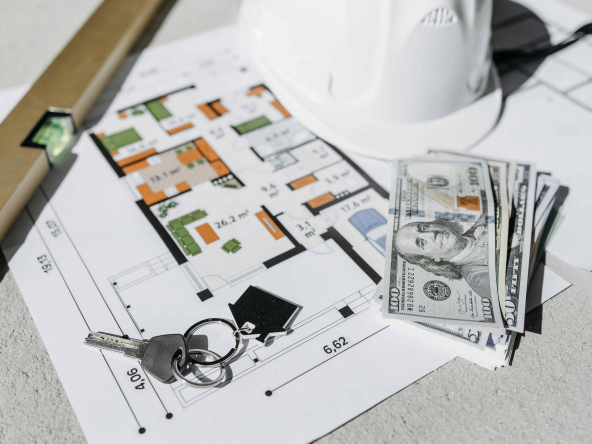Kenya’s real estate market is one of the most dynamic in Africa, attracting both local and international investors. From Nairobi’s bustling commercial hubs to the fast-growing satellite towns like Kitengela, Ruaka, and Athi River, opportunities are everywhere.
But with rising property prices, increased competition, and the risk of scams, how can you spot a truly good deal? Here are proven strategies Kenyan investors can use to separate genuine opportunities from risky ventures.
1. Location is Everything
The old saying “location, location, location” still holds true. A good deal is about where the property is located.
Key factors to look for:
-
Proximity to major roads, highways, or public transport (e.g., near the Expressway, Thika Road, or commuter rail stations)
-
Access to schools, hospitals, and shopping centers
-
Future government or private infrastructure projects nearby
-
Safety and neighborhood growth potential
Tip: A slightly higher price in a good location often yields better returns than a cheap property in an underdeveloped area.
2. Check the Title Deed and Documentation
Before considering any purchase, verify the legality of the property. A good deal is one with clean ownership documents.
-
Ensure the property has a genuine title deed (search at the Ministry of Lands or the county registry).
-
Watch out for caveats, disputes, or multiple ownership claims.
-
Confirm zoning regulations, some plots may be restricted to agricultural use only.
Red flag: If a seller is pressuring you to close the deal quickly without proper documentation checks, walk away.
3. Compare Market Prices
A “good deal” is often relative. Compare the asking price with similar properties in the same area.
-
Use real estate listings and platforms (e.g., BuyRentKenya, Property24, Hauzisha).
-
Talk to local agents or property managers for insights.
-
Check whether the price reflects the property’s condition, location, and amenities.
Tip: If a property is priced significantly below market value, dig deeper—sometimes it’s a genuine bargain, other times a hidden problem.
4. Analyze Rental Yield Potential
For investors looking at rental properties, calculate the rental yield to measure profitability.
Formula:
Rental Yield (%) = (Annual Rental Income ÷ Property Value) × 100
Example:
If an apartment costs KSh 10 million and generates KSh 800,000 in annual rent, the yield is 8%. In Nairobi, yields between 6-10% are generally considered attractive.
5. Inspect the Property Thoroughly
A property that looks good on paper may hide structural issues. Always do a physical inspection.
Check for:
-
Quality of construction and finishing
-
Plumbing, wiring, and drainage systems
-
Hidden costs such as repairs, renovations, or service charges
-
For land: boundaries, soil quality, and accessibility
Hiring a professional surveyor or property inspector can save you from costly mistakes.
6. Assess Future Growth Potential
Some of the best deals are in emerging neighborhoods before they fully develop. Look for areas benefiting from:
-
Upcoming infrastructure projects (roads, rail, bypasses)
-
New shopping malls, universities, or hospitals
-
Planned government housing schemes or private estates
Areas like Ruai, Syokimau, and Ngong have seen property values skyrocket because of such developments.
7. Consider Financing and Hidden Costs
A good deal is about the total cost of ownership.
Factor in:
-
Stamp duty (usually 4% of the property value in urban areas, 2% in rural)
-
Legal and valuation fees
-
Loan interest rates if using mortgage financing
-
Ongoing costs such as service charges, maintenance, and insurance
Sometimes what looks cheap upfront can turn out expensive in the long run.
8. Trust Your Due Diligence, Not Just the Hype
Kenya has its fair share of real estate scams and exaggerated marketing. Avoid being swayed by flashy brochures or “too-good-to-be-true” offers.
-
Always verify the developer’s track record.
-
Speak to past buyers if possible.
-
Double-check claims about amenities, completion timelines, or projected returns.
Remember: A good deal is one that holds up under scrutiny.
Spotting a good real estate deal in Kenya requires research, patience, and thorough due diligence. Focus on location, verify documents, analyze returns, and look for long-term growth potential.
While the market is competitive, investors who take a strategic approach can secure properties that not only appreciate in value but also generate consistent income.




